Yoga positions such as Child’s Pose, Warrior II, and Extended Triangle Pose can assist in alleviating discomfort in the neck, shoulders, and head. These poses can be practiced while seated, standing, or lying down.
Neck discomfort is very common, and numerous causes can contribute to it. These causes may include medical conditions like arthritis or everyday activities that involve repetitive forward motions or persistent slouching.
Pain originating in the neck can spread to the shoulders, arms, and back, and may also trigger headaches.
A 2019 review reported that yoga might serve as a natural complementary approach for managing neck pain. It may reduce pain while improving mobility, quality of life, and mood.
Read on to discover 12 yoga poses that could be helpful for easing neck pain.
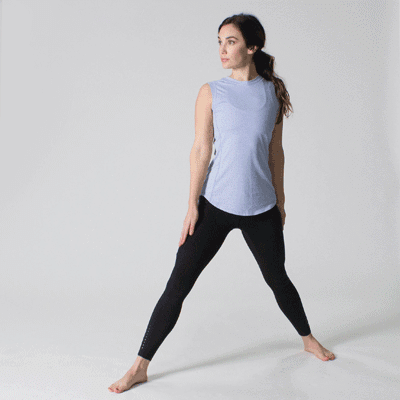
General tips
Because these postures are intended to address a particular issue, consider these suggestions to help lessen neck pain:
- Modify your practice when needed and steer clear of poses that provoke pain or discomfort.
- Let your breath dictate your movements so you move deliberately and with smoothness.
- Avoid forcing or pushing yourself into any posture.
- If you’re new to yoga, consider taking a few sessions at a nearby studio or following guided classes online.
- Be kind and gentle with yourself. Savor the practice and approach each day where you are in your journey.
- Aim for at least 10 to 20 minutes of yoga daily, even if it’s just to rest in a few calming poses.
- Stay mindful of your posture throughout the day.
When to see a doctor
Neck pain often resolves with over-the-counter medications, home care, and exercises within 3 weeks.
However, consult a healthcare professional if your neck pain persists, worsens, or occurs alongside the following symptoms:
- fever
- headache
- numbness, tingling, or shooting pain down the arms
- muscle weakness
A physician can help identify the root cause and create a treatment plan tailored to you.
Frequently asked questions

Should you do yoga if you have neck pain?
That depends on how severe your neck pain is and your available range of motion. Many people find relief and better mobility through yoga, while others may experience increased pain, particularly if they have a serious injury.
If you have neck pain, consider consulting a healthcare professional before beginning a yoga routine.
Is yoga good for a pinched nerve in the neck?
Some research indicates that stretching, mobility work, and dynamic exercises can ease a pinched nerve in the neck. Certain yoga movements may be part of that approach.
Which yoga is best for neck pain?
Slower, controlled styles of yoga—such as Hatha, restorative, and Yin—may help reduce neck pain. Unless you are experienced, it’s generally wise to avoid fast, vigorous yoga practices.
Is yoga or Pilates better for neck pain?
A 2024 study assessed yoga, Pilates, Tai Chi, and Qigong meditation in people living with chronic neck pain. The researchers concluded that yoga was the most effective option for decreasing neck pain intensity and improving functional mobility and quality of life.
The bottom line
Certain yoga poses may help relieve neck pain while enhancing mobility, mood, and overall quality of life.
These poses can be practiced in seated, standing, or supine positions.
If your neck pain does not improve after 3 weeks or gets worse, consult a healthcare professional who can help design an appropriate treatment plan for you.

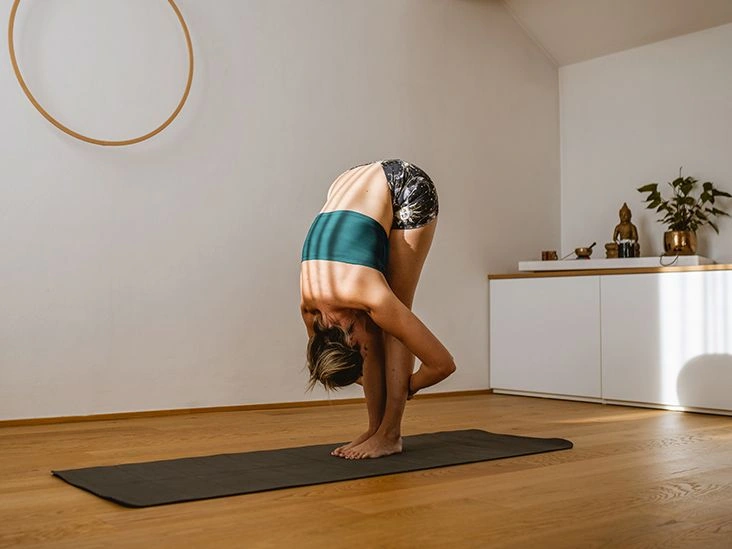

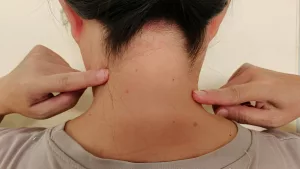
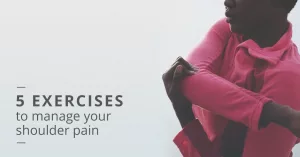
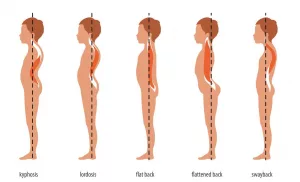


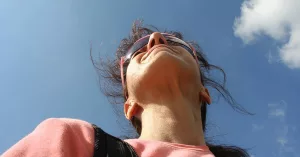







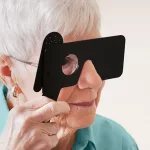
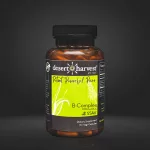



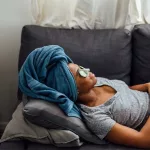

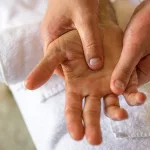

Leave a Reply
You must be logged in to post a comment.